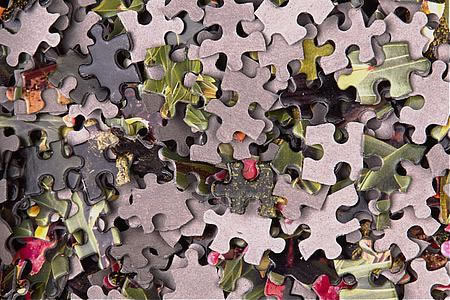 This month’s activity will have your students fully engaged in their stories. Your students may be familiar with solving word search puzzles, but in this activity they will be asked to make their own puzzles for other students to solve.
This month’s activity will have your students fully engaged in their stories. Your students may be familiar with solving word search puzzles, but in this activity they will be asked to make their own puzzles for other students to solve.
In making their own puzzles, students will be improving their reading comprehension in various ways. Let’s take a look at the different steps of the activity to see this more clearly. You can see the steps to actually do the activity here.
When students are looking for the words or the sentences for their puzzle they will be reading the story, each student choosing language at their own level. For stronger students you may want to frown at some of their choices. Don’t discard them completely, but question them. This will encourage your student to go back to the story to find a more interesting word or sentence. In this way they are encouraged to read the text at a deeper level. Also, encourage them to show their words or sentences to someone else in the class who has read the book. By asking for the opinion of others, students have a context to discuss the stories and get different points of view.
As students complete the words in the grid, they will be thinking how these words fit into their story. In this way, they are revising the story, the words helping them remember the parts they enjoyed most. But the words may not fit into the grid. They may be too long, or the last words may not fit with the words already written. Don’t make the grid bigger. This is on purpose. By reworking the words, students are once again revising the context of the story. They may have to return to the story to choose a shorter word. This is great, as it increases reading time with the story. Although they have not used a word they had chosen, they still worked with it, which helped them remember that part of the story.
Make sure that your students understand that their puzzles are to be solved by other students, either in their class or in another class. This will motivate them to reduce mistakes and to make their writing legible. They easily understand that their friends can be more critical than their teacher. This will also have another interesting effect – they will try to make their puzzles a little more difficult. In making their puzzles more difficult, they will read for details and specific information. This will improve their reading comprehension.
Solving the puzzles helps students in many different ways. First, it is a revision of the story for those students who have read the book during the year. Some students may be able to find all the words without needing to go back to the story. Others may find 3 or 4 words difficult to find. This may encourage them to talk to the person who made the puzzle. Notice how, once again, the puzzle has created a context for students to discuss a story. By the way, rarely do students simply give the answers. This means the discussion helps both students revisit the story.
In solving the puzzles, students also become aware of how interesting it is to solve. For puzzles to be interesting they must be challenging – too easy and they are boring, too difficult and the student gives up. In this way, students reinforce the language and comprehension at the general level of the class. Especially important is that students who consider themselves weak in English will be motivated to make their puzzles for students they consider better. This will help to raise their own level of English. Since the puzzles are based on the story, the student reading and making the puzzle knows that it is simply a matter of copying words or sentences. Weaker students see that, through effort, they can make their puzzles challenging to any student in the class.
And finally, when the puzzles are solved by another class, students will usually talk about their experience outside of class. Comments like, “Hey, I did your puzzle today.” will become common.


[…] This month’s activity will have your students fully engaged in their stories. Your students may be familiar with solving word search puzzles, but in this activity they will be asked to make their o… […]
Hello, I’m Christine and I’m a freshman. Our freshmen class was given a project to give up something and replace it for 10 days. I gave up social media and decided to read for pleasure. Sure, I read actively before the project, but now, after 10 days, I read a book every 2 weeks. Before the project, I would read sporadically, but I have created new habits. I don’t go on social media that much during the day, and I continue to look for boos online or in the store. So, thank you for reading!